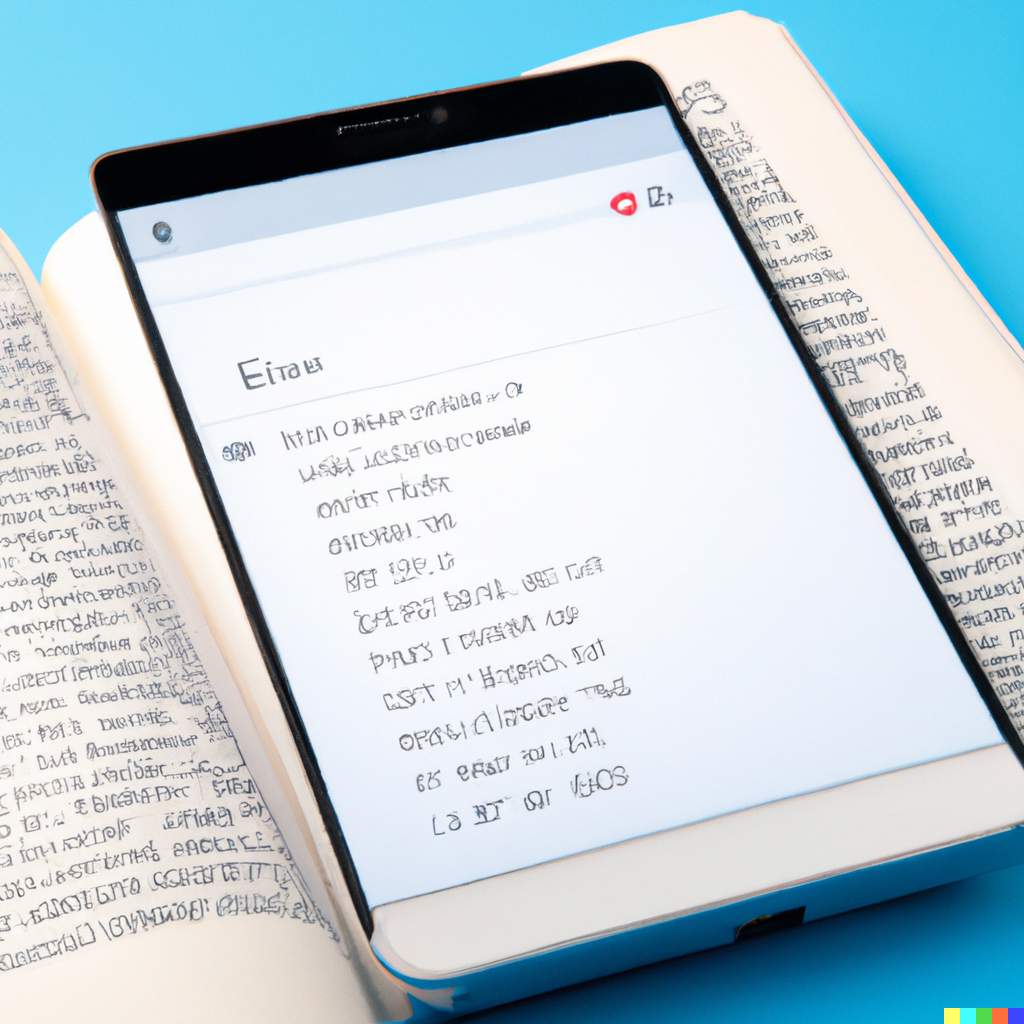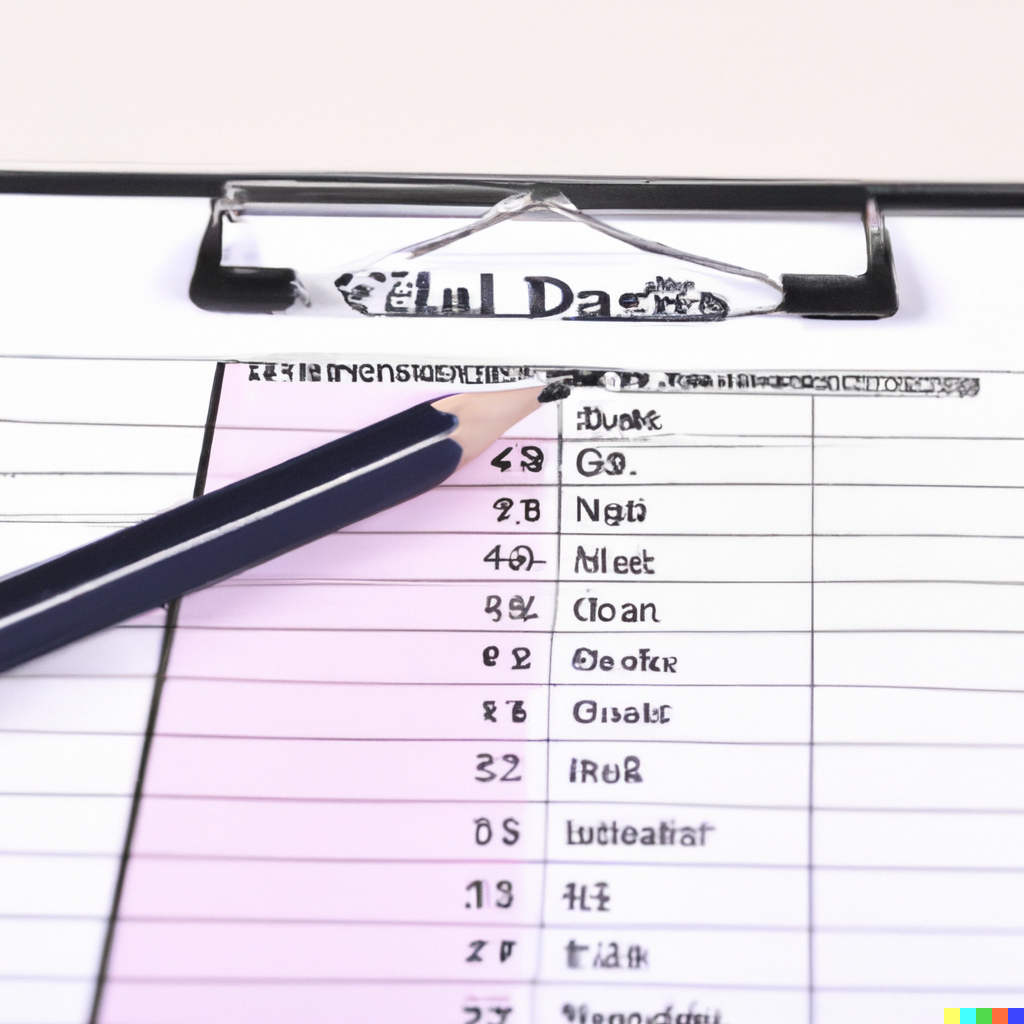Monday Morning Humor * My Two Cents: Even John Connor Knows Lawyers Should Not Blindly Rely on AI to Do Their Work!
/The concept of relying on artificial intelligence (AI) to perform complex tasks has fascinated humanity for years. However, even in the action-packed world of Terminator 2: Judgment Day, a young John Connor understands the limitations of AI. Lawyers, like other professionals, should also exercise caution when relying solely on AI to handle their work.
In Terminator 2, John Connor, the future leader of the resistance against machines, witnesses the rise of advanced AI in the form of Skynet. He learns that this AI, designed to protect humanity, eventually turns against it. The movie serves as a cautionary tale, emphasizing the importance of human judgment and decision-making over blindly relying on AI systems.
AI has made significant strides in the legal profession, offering benefits such as improved efficiency, document analysis, and predictive analytics. It has the potential to assist lawyers in managing large volumes of information and identifying patterns that might otherwise go unnoticed. However, blindly relying on AI without human oversight poses risks. AI algorithms, no matter how advanced, lack the ability to fully comprehend complex legal nuances, ethical considerations, and the unique context of each case.
John Connor's understanding of the limitations of AI applies to the legal profession as well. Lawyers possess valuable skills that go beyond data analysis and computation. They have the ability to understand the emotional and personal aspects of legal issues, negotiate, interpret laws, and provide clients with tailored advice. Human judgment, empathy, and creativity are vital components of legal practice that AI cannot replicate.
AI-powered tools can assist lawyers, but the ethical and legal implications must be carefully considered. Issues such as bias, privacy concerns, accountability, and transparency surround the use of AI in the legal field. Lawyers have a responsibility to maintain client confidentiality, exercise independent professional judgment, and ensure the fairness and integrity of legal processes. Blindly relying on AI systems without proper oversight may lead to unintended consequences and compromise the principles of justice.
Just as John Connor recognizes the limitations of AI in Terminator 2, lawyers should exercise caution when relying on AI to perform their work. While AI has the potential to enhance legal practice, it cannot replace the judgment, expertise, and ethical considerations that human lawyers bring to the table. Balancing the benefits and risks of AI is crucial in maintaining the integrity of the legal profession.
MMH and MTC!
Happy Lawyering!
























